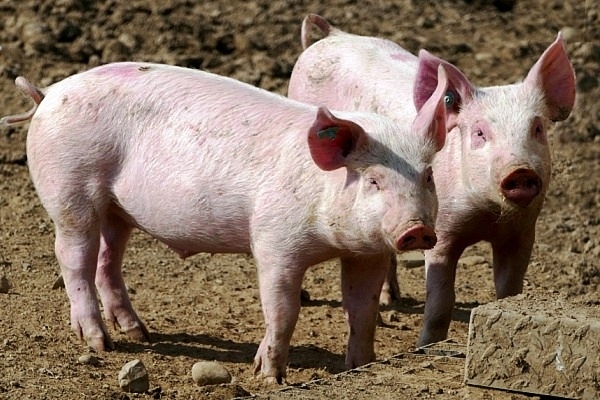
‘Pigflation’ Threat To Chinese Economy As Pork Prices Soar Due To Outbreak Of African Swine Fever
A devastating outbreak of African swine fever has ravaged Chinese farms resulting in deaths and culling of pigs, thus severely curtailing the supply of the country’s preferred protein, Reuters reported.
According to figures from the National Bureau of Statistics, China’s pork production was estimated to be 24.7 million tonnes in the first six months of 2019, representing a 5.5 per cent decline from a year earlier. The fall in production is attributed to the African swine fever epidemic.
According to weekly data released by Ministry of Agriculture and Rural Affairs, the retail pork prices touched 26.45 yuan per kg in the final week of June, up 33 per cent year on year and lifting overall food prices to their highest in years. The pork inflation has risen to a three-year high in China.
After housing, food constitutes the biggest element in China’s Consumer Price Index (CPI) and pork has considerable weightage in the food basket and by some estimates amounts to about 2.5 per cent of the total inflation basket.
A decade earlier, in 2008, an outbreak of blue ear disease ravaged Chinese hog farms and consequently pork prices spiked more than 80 per cent, driving the consumer price index as high as 8.7 per cent.
As the largest pork consumer in the world, China’s per capita pork consumption reached 39.9 kg in 2018, while for chicken and beef, it was 8.3 kg and 6.1 kg respectively.